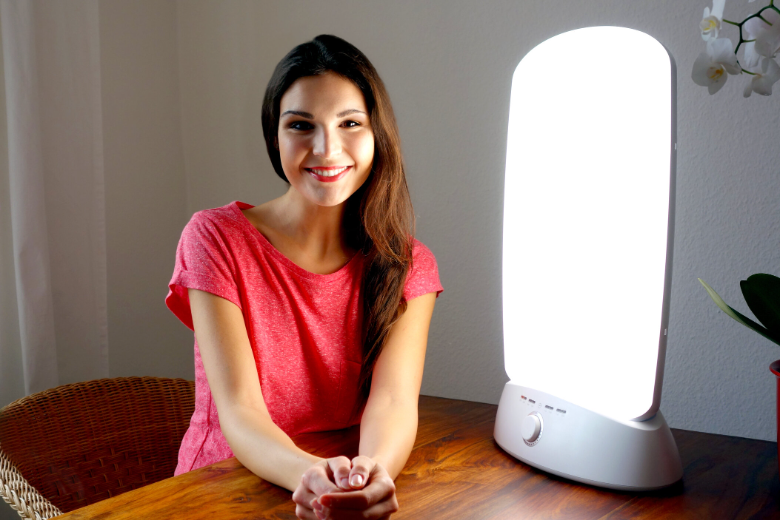Seasonal affective disorder (SAD) is centered around shorter days and longer nights. But doctors said there are ways to combat the condition.
When we feel blue in the winter, many people attribute it to the shorter days and longer nights. This is a clinical condition known as Seasonal Affective Disorder, or SAD for short.
Dr. Norman Rosenthal, a clinical professor of psychiatry at Georgetown University School of Medicine, says symptoms such as persistent low mood, irritability, stress and anxiety can come on without warning.
“[People] You become sluggish and need more sleep,” he said. “They may withdraw from friends and family and have trouble with relationships and work.”
Approximately 15% of the U.S. population suffers from SAD. Of that number, about a third experience more severe symptoms.
Rosenthal said there are four simple ways to combat this condition.
“First and foremost, it’s about getting more light,” he said. “This can be achieved with lighting equipment. It has to be large enough. And you have to do it regularly.”
Walking outdoors is also an option to receive more light therapy. Brisk walking can add more exercise into your daily routine, which can help reduce symptoms, he said.
Dr. Rosenthal led the research team that first reported this condition and has been studying the condition in patients for nearly 40 years.
Another way to reduce SAD is regular social participation.
“Maintain friendships and social dates, whether it’s a lunch date or whatever,” Rosenthal advised. “Don’t eat out. If you act like a hibernating bear, you’ll feel like one too.”
Finally, challenge your negative thoughts.
“Don’t say, ‘I can’t do that,’ or ‘I’ll never be good at it,'” he said. “Understand that this is part of the condition. It has a very predictable nature, and there are things you can do about it.”
Rosenthal said patients may need to consider antidepressants if simple measures to relieve symptoms are ineffective.
“I want to treat it as drug-free as possible,” he said. “But it’s much better to be able to function and feel better with a drug than to avoid it and struggle.”
